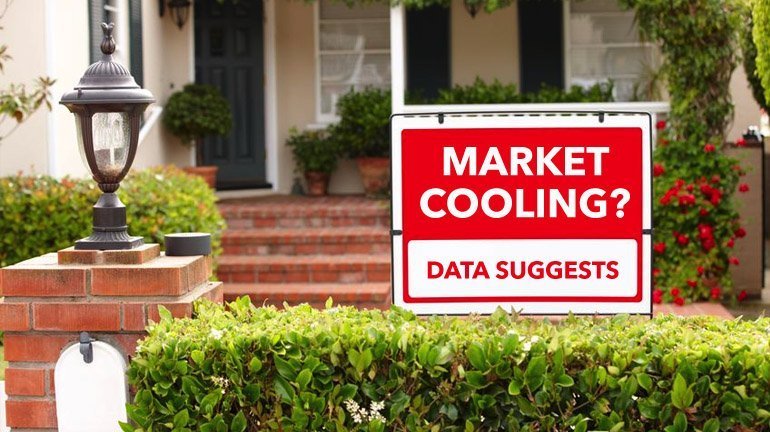Yes. The house prices which have been soaring in the past few years have started to slow down. However, the prices are not dropping. To clarify, they are rising a little bit slower, but they are still rising for sure in recent days.
According to a report released by Corelogic, a global property information provider assessing analytics and data-based solutions, house prices rose by 4.7 percent in last December on a yearly basis, the slowest growth rate ever witnessed since 2012.
However, be careful, hard money lenders. This does NOT mean that it’s a buyer’s market yet. Is it a wise strategy to flip your investment properties now? Not really if you take the careful analysis of the current housing market into full consideration. Check the following tips before you make your final investing decision.
Single-Family Rentals: Growing and Soaring
The single-family rental (SFR) market keeps on outpacing multi-dwelling units (MDUs) and single home sales. To give you an explicit example, owner-occupied homes dropped by 64,000 while SFRs grew by 450,000 from 2005 to 2015 in California.
SFRs are growing faster than MDUs in specific markets i.e. Phoenix, Boston and Fort Worth. According to a Pew Research Center analysis of U.S. Census Bureau data, 36.6 percent more of the households are renting their properties than any time in the past 50 years.
If you still don’t believe the statistics listed above and need other powerful calculations before flipping your property, simply keep this in mind: house prices of the 91 largest cities in the U.S. have risen in 2018.
Market Adjustments: Make it Easier to Buy
Some of you may regard interest rate as a crucial factor impacting the real estate market since when interest rates increase, renting will slow. It’s true that higher interest rates are blowing away investors and make it harder for people to afford their investing dreams.
But don’t ever forget those markets where properties are overvalued, San Jose and San Francisco taking the lead. In those cities, the rising interest rates will only cool down the market as when homes are selling over the original price after as few as two weeks, a decrease in price is more similar to a market self-correction, rather a negative indicator.
Benjamin Donel, CEO

